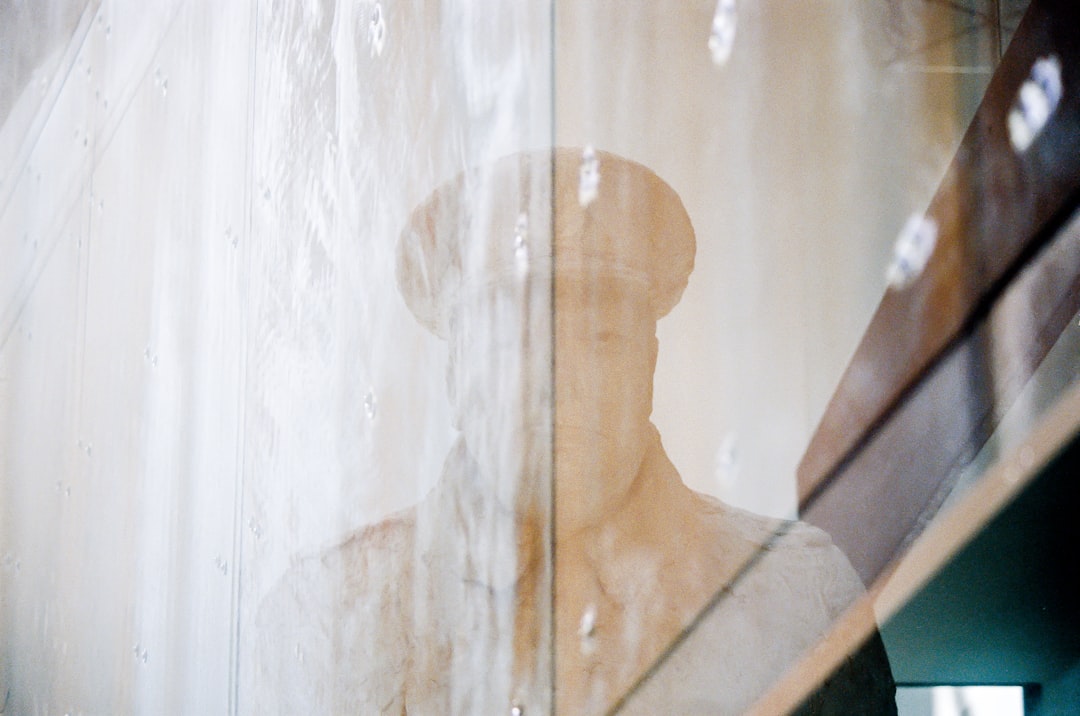Socialization is a crucial aspect of a young dog’s development. It is the process by which puppies are exposed to various people, animals, environments, and experiences in order to help them grow into well-adjusted and confident adult dogs. Socialization plays a significant role in shaping a dog’s behavior and temperament, and can have a lasting impact on their ability to interact with the world around them.
One important aspect of socialization is Crate Training. Crate training is a method of housebreaking and training puppies that involves using a crate or kennel as a safe and comfortable space for them to rest and relax. The crate serves as a den-like environment where the puppy can feel secure and protected, and helps to prevent them from engaging in destructive behaviors when left alone.
Crate training is beneficial for puppies and young dogs in a number of ways. Firstly, it helps to establish a routine and structure for the puppy, which can help them feel more secure and confident in their environment. Having a designated space where they can rest and relax can also help to reduce anxiety and stress in young dogs, especially during times of change or upheaval.
Furthermore, crate training can help with housebreaking and potty training, as most dogs do not like to soil their den. By using the crate as a training tool, owners can help their puppies learn to hold their bladder and bowels until they are taken outside to go to the bathroom. This can make the housebreaking process much easier and more effective.
Crate training also helps to prevent destructive behaviors such as chewing, digging, and barking. When left alone, many young dogs can become bored or anxious and may engage in these behaviors as a way to alleviate their stress. By providing them with a safe and comfortable space where they can relax and unwind, owners can help to reduce the likelihood of these behaviors occurring.
In addition to the practical benefits of crate training, it also helps to socialize puppies and young dogs by exposing them to new experiences and environments in a controlled and safe manner. By using the crate as a tool for socialization, owners can gradually introduce their puppies to new people, animals, and situations in a positive and stress-free way. This can help young dogs to become more confident and adaptable, and can set them up for success in a wide variety of social situations.
In conclusion, socialization is a vital aspect of a young dog’s development, and crate training can play a key role in helping puppies to grow into well-adjusted and confident adult dogs. By using the crate as a tool for housebreaking, training, and socialization, owners can help their puppies to become well-behaved and well-adjusted members of the family.
